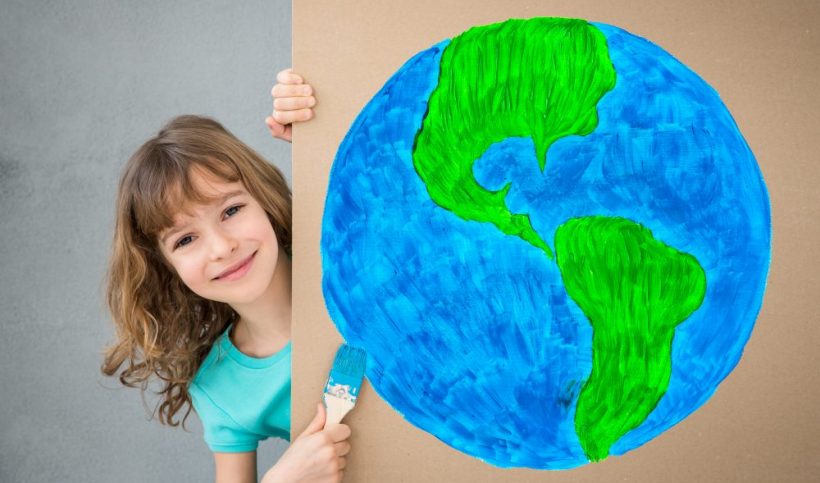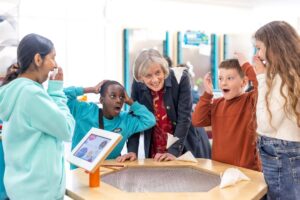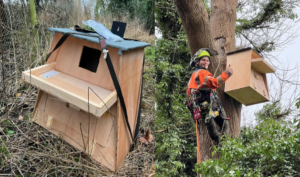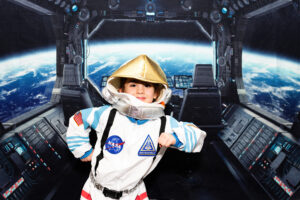Green For Go at Maker Club
Wednesday 26th June 2019

We sowed the seeds of sustainability for Oxford Green Week at this month’s Maker Clubs by upcycling and re-purposing single-use plastics to help our garden birds. Our young club members, aged 9-17, made bespoke and bonkers bird-feeders in all shapes and sizes! But the fun came with an important message about one planet living.
Living a life free of plastics is near enough impossible. Think about an average morning: you wake up thanks to your (plastic) alarm clock, make yourself a cup of milky tea (with the help of a plastic milk carton), take a shower using a lovely (albeit plastic) bottle of shower gel and then brush your teeth with a (you guessed it- plastic) toothbrush. We have come to rely so heavily on plastics that making an active effort to reduce our use of them is hard work. Although difficult, it is important. Plastics are man-made products and have the benefits of being strong, cheap and durable. The problem they pose is that they stick around for a very long time! Plastic bottles, when left in landfill, will still be around in an estimated 500 years. Some plastics, such as polystyrene, may never break down.
But why is this such an issue? Well, as you will have seen through news reports and documentaries like Blue Planet, a lot of plastic ends up in our oceans, harming sealife and its environment. Marine animals can become trapped in plastic waste and even eat it – a plastic bag and a jelly fish look very similar to seabirds. As plastic can’t be digested, it stay in the stomach of the creature who has eaten it, for example smaller fish, which are then eaten by larger fish. Who then eats these fish? We do! Tiny particles of plastic – called microplastics – have been found in samples of food such as fish, honey, salt and even in beer.
At Science Oxford, we take pride in looking after our planet. If everyone were to make one environmentally-conscious change to their lifestyle, the impact would be phenomenal. In Maker Club and Maker Club Juniors, we extended the lives of single-use plastics by upcycling them into bird feeders. Saving a couple of bottles from an early landfill grave may not solve the world’s plastic problems, but it did make a difference. Even if that difference was to a few of our garden birds!
Next time at Maker Club Juniors we’re walking in the sandals of ancient Eygyptians and deciphering hieroglyphic code, inscribing a tablet and making a burial doll with air-drying clay! Book here for ages 9-12.
By Jenifer Baker Jones, Maker Club leader


